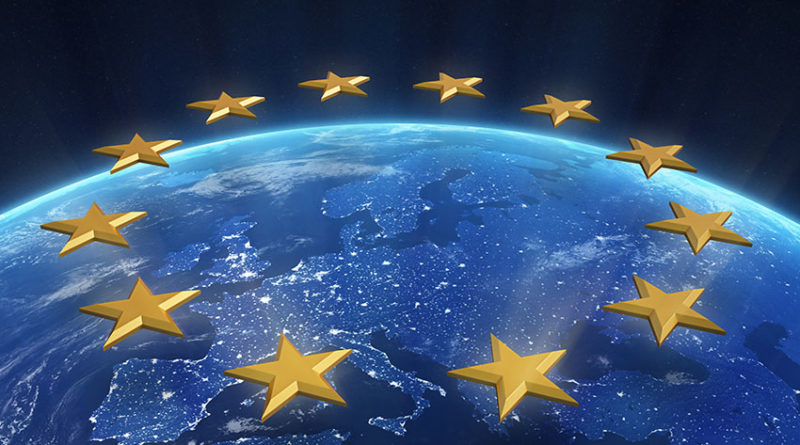
Strengthening Europe’s competitiveness and strategic autonomy
The challenges of today call for a strong European Union. They call for a Union capable of solving global problems and responding to a variety of challenges both swiftly and resolutely. Climate change, the COVID-19 pandemic, and the current instability caused by Russia have all highlighted the need to strengthen the Union’s crisis preparedness – to strengthen the Union’s resilience and strategic autonomy.
Yet strategic autonomy must not be mistaken for protectionism. If understood in the right way, increasing the EU’s strategic autonomy is both valuable and necessary. However, if we start to envisage a Europe that does not seek to shape global competition but seeks to protect itself from it, strategic autonomy ends up on the wrong track. Creating a “Fortress Europe” would not result in economic wellbeing.
I firmly believe that the development of EU’s strategic autonomy should be based on three key issues.
Firstly, on the full respect of the principle of rule of law – the very foundation of our Union. The EU is a community of the rule of law, built on common values. This is unquestionably enshrined in EU treaties.
Yet rule of law is not simply a question of idealistic principles, but has also concrete effects. It is about the smooth functioning of the internal market, and it is about safeguarding mutual trust. We must defend the Union from ideological and authoritarian tendencies, which have in the last years become all too familiar both in our immediate neighbourhood and, alarmingly, within the union. Only by nurturing our values can we truly defend the European way of life.
Well-functioning institutions, public confidence in authorities, and rule of law create resilience. As democracy is challenged around the world and conspiracy theories spread, the EU must uphold the UN universal values and take global leadership in promoting them. Leadership on values gives us strategic autonomy.
Secondly, the EU must develop its competitiveness based on its own strengths.
Our key strength lies in the achievement that we should never take for granted: the internal market. Furthermore, our economic wellbeing is heavily dependent on rules-based, open world trade.
European trade policy must seek solutions that avoid protectionism and the dichotomy of a global economy shared between the United States and China.
When considering strategic autonomy, we must remind ourselves of the whole range of lessons learnt in the COVID era. I wish to stress that without global supply chains, we would not have been successful in ensuring a swift response for vaccination: globally operating vaccine companies were able to develop new vaccines in record time. Furthermore, Europe benefited from companies with global subcontracting and production chains that also had the ability to export ready-made vaccines worldwide.
When it comes to strategic autonomy and trade, in today’s world, there are also further questions to consider. We must ensure that open and rules-based trade advances EU aims – EU values – related to environmental aims and human rights.
Furthermore, we must not forget the internal aspects related to the EU’s competitiveness. It was certainly necessary to create flexibility in the internal market and state aid rules during the pandemic. However, now that recovery is well underway, we must return to normal competition policy: clear and effective rules for state subsidies or for preventing abuse of dominant positions in the market. Only a truly competitive EU can be an economic power with global weight.
Thirdly, for achieving real strategic autonomy, we must also develop partnerships. Strategic autonomy should not be understood as an EU that stands alone. Together with our partners, we can better promote rules-based cooperation to combat climate change, for example. A natural and close partner for the EU is the United Kingdom. We definitely need a clear and common understanding of the status of the EU-UK relationship after Brexit. In any circumstance, it is nonetheless in our interests to develop a strong and strategic relationship with the UK beyond current issues and disputes.
Lastly, it would be harmful for Europe to divide the world sharply into two economic camps between the United States and China. Europe would fall into a rift between them. With China, we must continue to cooperate economically, and above all on climate policy. However, we certainly must also hold firm and defend our interests better than we have before. It would be in Europe’s interest to formulate a principled but balanced policy towards China, and promote that in the transatlantic community. This would ensure both our openness for global rules-based trade, as well as support the development of our strategic autonomy.



